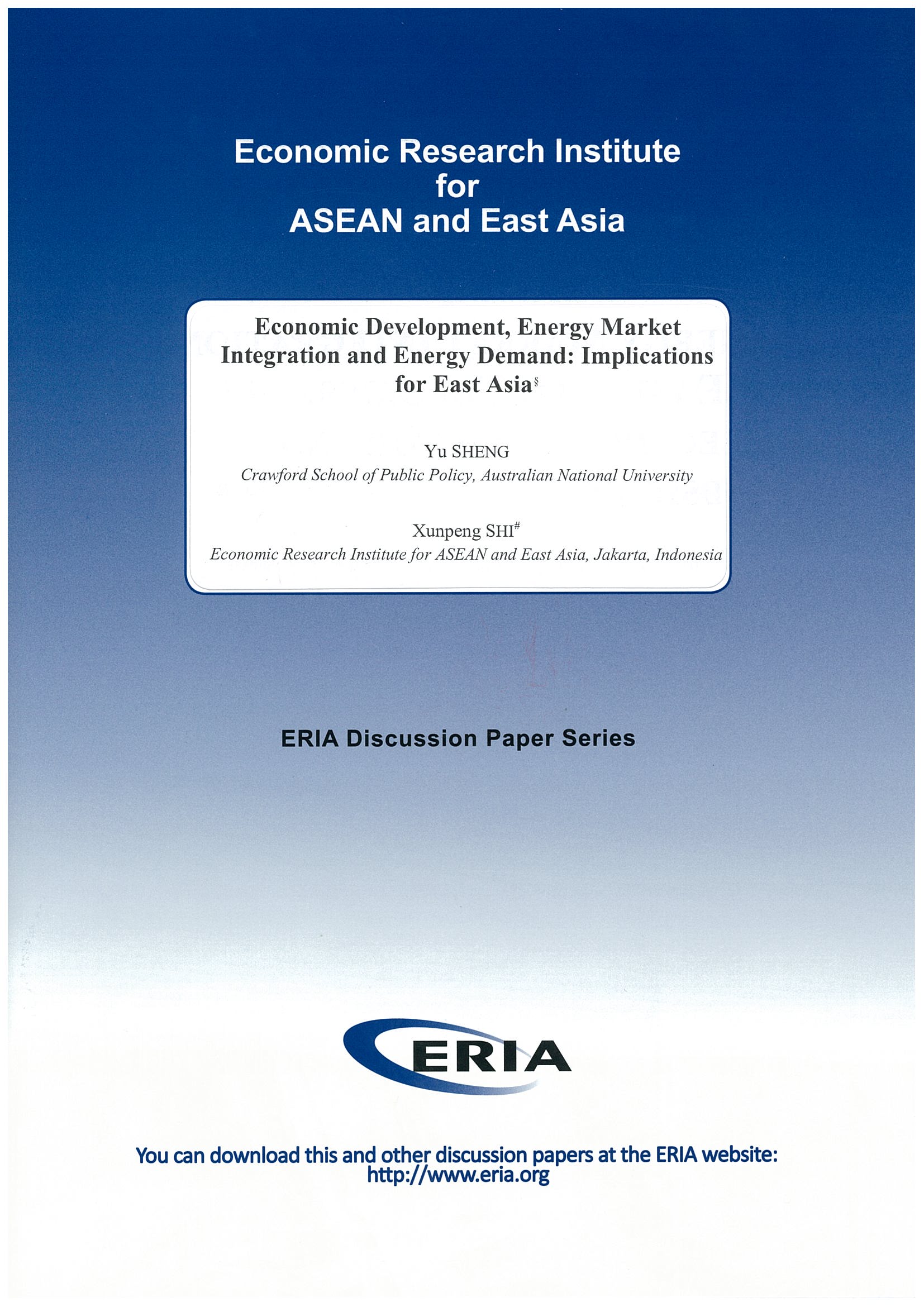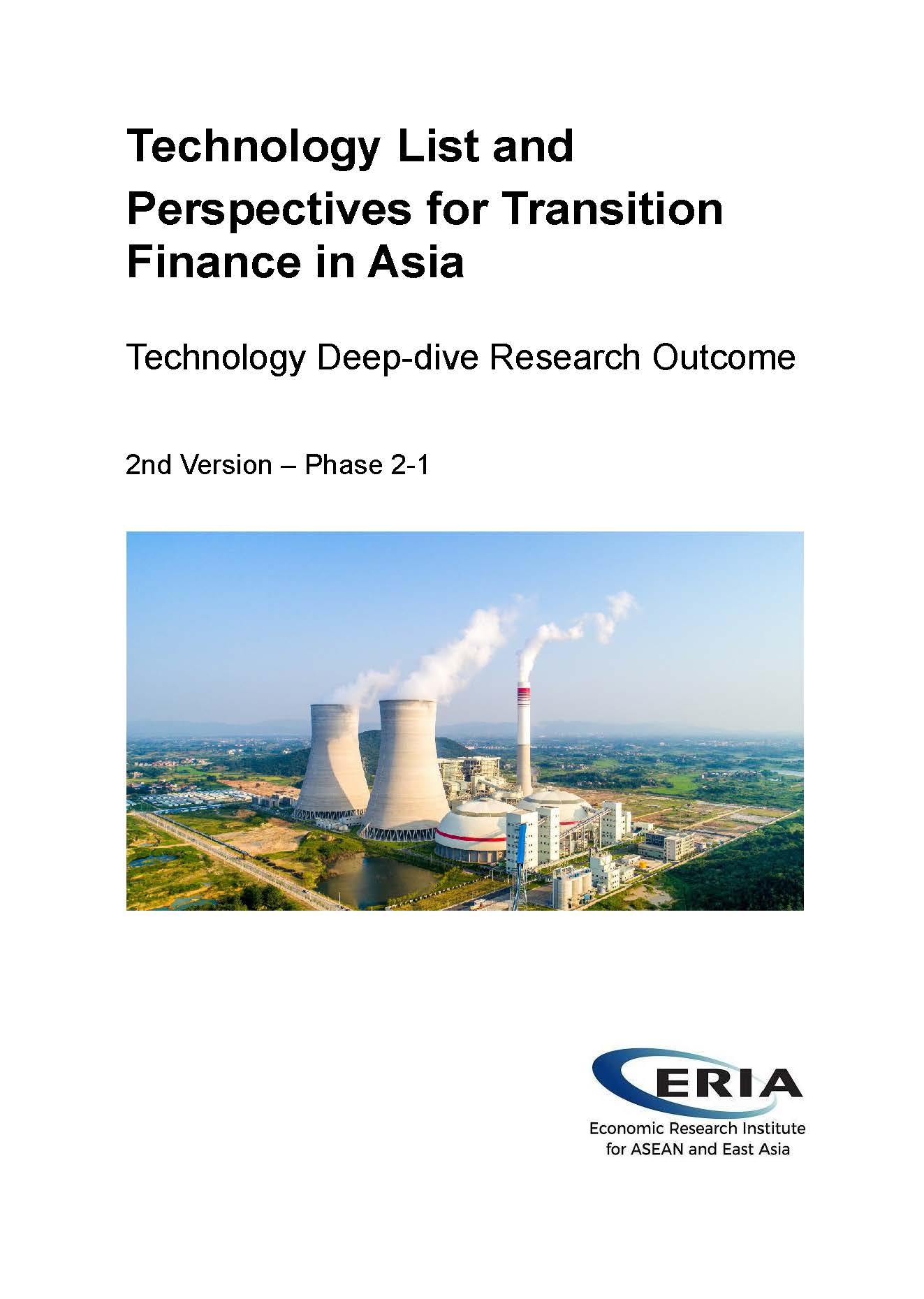Economic Development, Energy Market Integration and Energy Demand: Implications for East Asia

Date:
24 August 2012Category:
Energy, Urban Development, Industry and ManufacturingType:
Discussion PapersTags:
Print Article:
Abstract
This paper uses the general method of moment (GMM) regression technique to estimate an cross-country energy demand function with a data set covering 71 countries over the period of 1965-2010. The estimated results show that rapid economic growth due to industrialization or urbanization tends to increase the energy consumption per capita, which in turn may generate a surge in the overall demand for energy. Economic growth also leads to lower price and income elasticities. However, energy market integration can help to reduce the energy demand pressure and to smooth the demand shock through decreasing the income elasticity and increasing the price elasticity in particular in the long run. This finding can be used to explain how cross-country institutional arrangement related to energy market may affect energy consumption patterns over the period of rapid economic growth and offer policy implications for East Asia, which is diversified in terms of development level.




